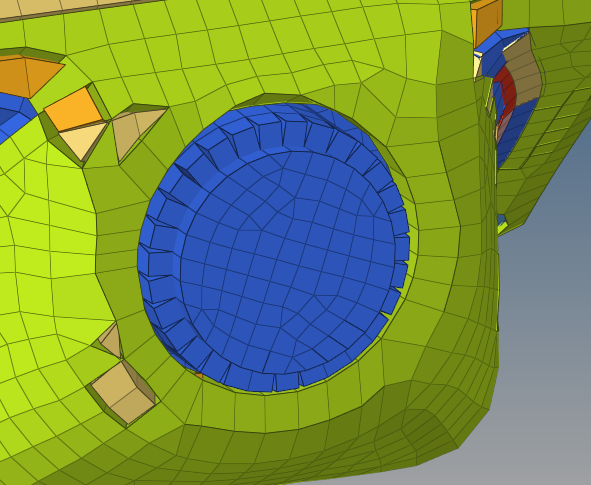Hello all!
What is the best way for contact interaction with small penetration?
But reaally, i don't see penetration penetration checker doesn't see this too.
but in post processor i have the spurious forces.
i have a manual-crash book. i have tried to use approaches from this book, but i have had fail.
if i do type 7 all settings default i will no contact interaction untill i have large displacement.
i need advice and approach!=)
thanks for help.

Unable to find an attachment - read this blog